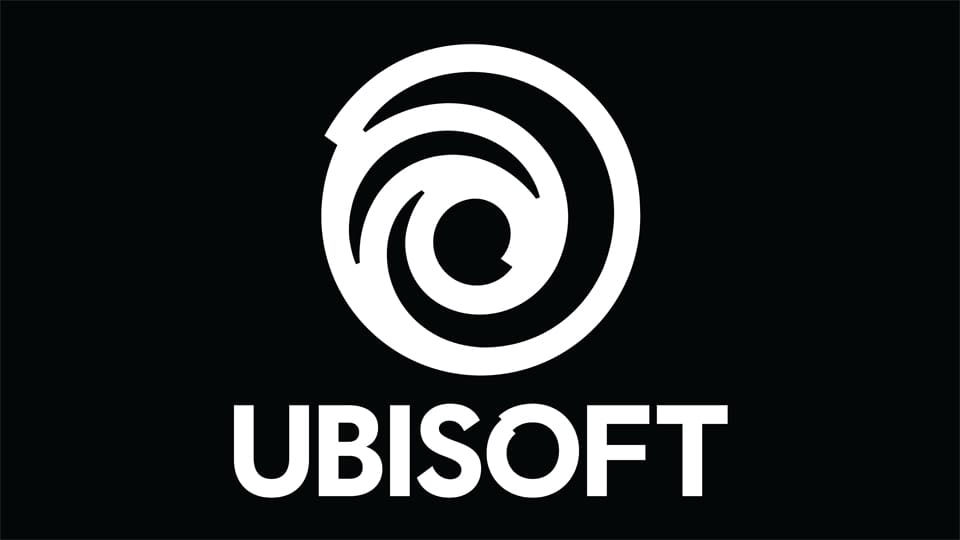Ubisoft’s Editorial department is responsible for shaping the creative direction of the company’s games and franchises. Back in July, Ubisoft CEO Yves Guillemot committed to revising the composition of the department and to bring new and different perspectives on board. One of those changes is the appointment of Bio Jade Adam Granger, who is joining the Editorial team as a new Vice President.
![[UN] [News] Bio Jade Adam Granger Appointed As New VP of Ubisoft Editorial Team](http://staticctf.ubisoft.com/J3yJr34U2pZ2Ieem48Dwy9uqj5PNUQTn/4IbZdWm5Thh5sycsVZMYxk/179da36761f765d7f7de3e72d19e6ce3/13920492_1774329509519065_8445423566305319084_o-_1_.png)
In order to learn a bit more about Ubisoft’s newest creative lead, we sat down with Granger to discuss what she hopes to bring to the Editorial team, her thoughts on the future of our industry, and how she believes Ubisoft can continue to enrich players’ lives moving forward.
Congratulations on your new role! Can you tell us a bit about your journey up to this point? How did you get started in gaming?
Bio Jade Adam Granger: I got started with a game design graduate degree at the University of Montreal. Right after graduation, I participated in Ubisoft’s new university prototyping contest and my team and I won, scoring an interview to work on Assassin’s Creed 3. It was quite the break for me, and I still participate in the contest as a judge every year to try to give back that same opportunity to others.
What motivated you to join the Editorial team? What do you hope to bring to the team?
BG: I wasn’t sure if I should apply at first, but the encouragement I received from my colleagues convinced me to try, even if it was only to express my ideas and beliefs to others during the process. I also wanted to add my voice to Editorial to promote inclusivity, transparency, and diversity. It’s important for me to make myself as approachable as possible and create meaningful bonds with development and transversal teams.
What do you hope that more diversity will bring to the team and Ubisoft’s portfolio of games?
BG: For me, having a diversity of opinions, backgrounds and profiles lets us be closer to our players, and allows us to be more open to new and different ideas. It protects us from our own preconceptions. Having more diverse voices at the table gives us a better chance to innovate.
How would you define your new role and how it fits into the development process? How is this role different than what you were doing before?
BG: My role is to support the development teams and provide feedback and inspiration, as well as represent the dev teams to top management. While my previous roles in development were also centered around decision-making, my new role is more about inspiring people and providing input and assistance to teams, which is a completely different outlook.
How would you like to see Ubisoft’s portfolio of games change in the future?
BG: I am a big believer in more focused games. I think we should explore products with varied scopes and sizes in order to deliver a range of experiences to our players. Games are a concentration of powerful emotions, and I know we can build on our demonstrated strengths and expand our offer and reach more people. Now that I am part of the Editorial team, I want to participate in expanding the kinds of experiences we create by developing games that value personal connection and expressing our emotions. I think that by broadening the scope of our games, systems and mechanics we will provide our players with experiences that fulfill different motivations, goals and needs.
There’s an idea of what a “Ubisoft game” is within the videogame industry. Is that something that you’re hoping to help change? Improve upon?
BG: The idea of the “Ubisoft game” is not all negative. It is also a sign of quality and consistency. However, I think we can work on better defining the role of each game in our portfolio to make sure we avoid too much redundancy while leveraging our strengths. In parallel, I want to keep pushing myself to research new avenues, new ideas, and bring fresh paradigms and expertise to the table. Self-improvement is a continual process, and I intend to promote it wherever I go.
What do you think the future of our industry looks like, and how do you see games evolving over the next several years?
BG: I think games will be more interconnected, providing more complementary experiences to fulfill more of our players’ needs within a single media environment. Players are mature enough to be quite adept at recognizing the emotional experiences they want from a game, and having more complementary products will allow us to create bolder and more focused games that are connected to other offers in our portfolio. I think the advent of subscription models within the industry will push us even more in the direction of complementary and diverse games. Rather than a game as a service, I believe we will move more and more towards games as platforms and companies like Ubisoft providing players the means discover and move freely within and between those platforms.
Be sure to check back in at Inside Ubisoft for all the latest updates.



